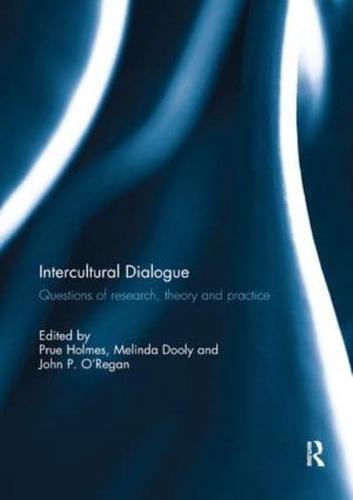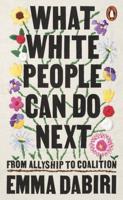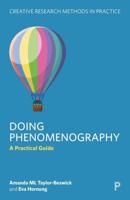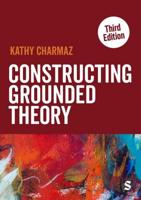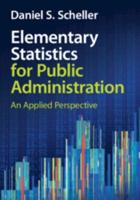Publisher's Synopsis
'Intercultural dialogue', as a concept and ideology in the European Union, stimulates a rational 21st century society where people can engage in (intercultural) communication on a global scale, and can do so openly and freely in conditions of security and mutual respect. Intercultural dialogue connotes dialogic communication that is peaceful, reconciliatory, and democratic. Yet the term and its accompanying rhetoric belie the intercultural communicative undercurrents and their manifestations that people encounter in their daily lives.
The research-informed chapters in this book, which are situated in international contexts, provide more nuanced understandings, and many even challenge this non-critical ideology by suggesting that the concept of intercultural dialogue is inoperable and problematic under the present conditions of globalisation and migration, where there exists conflict, vulnerability, and instability. The different theoretical perspectives and analyses presented by the authors are a reminder that researchers in the field of intercultural communication require robust and appropriate theories, methods, and pedagogies in order to research these complex conditions and contexts, particularly where different languages and identities are present. The book is also a reminder of how context and power both (re)shape and contest the central tenets of intercultural dialogue-in particular, of who speaks for whom, when, how, and under what circumstances and conditions. This book was originally published as a special issue of Language and Intercultural Communication.
